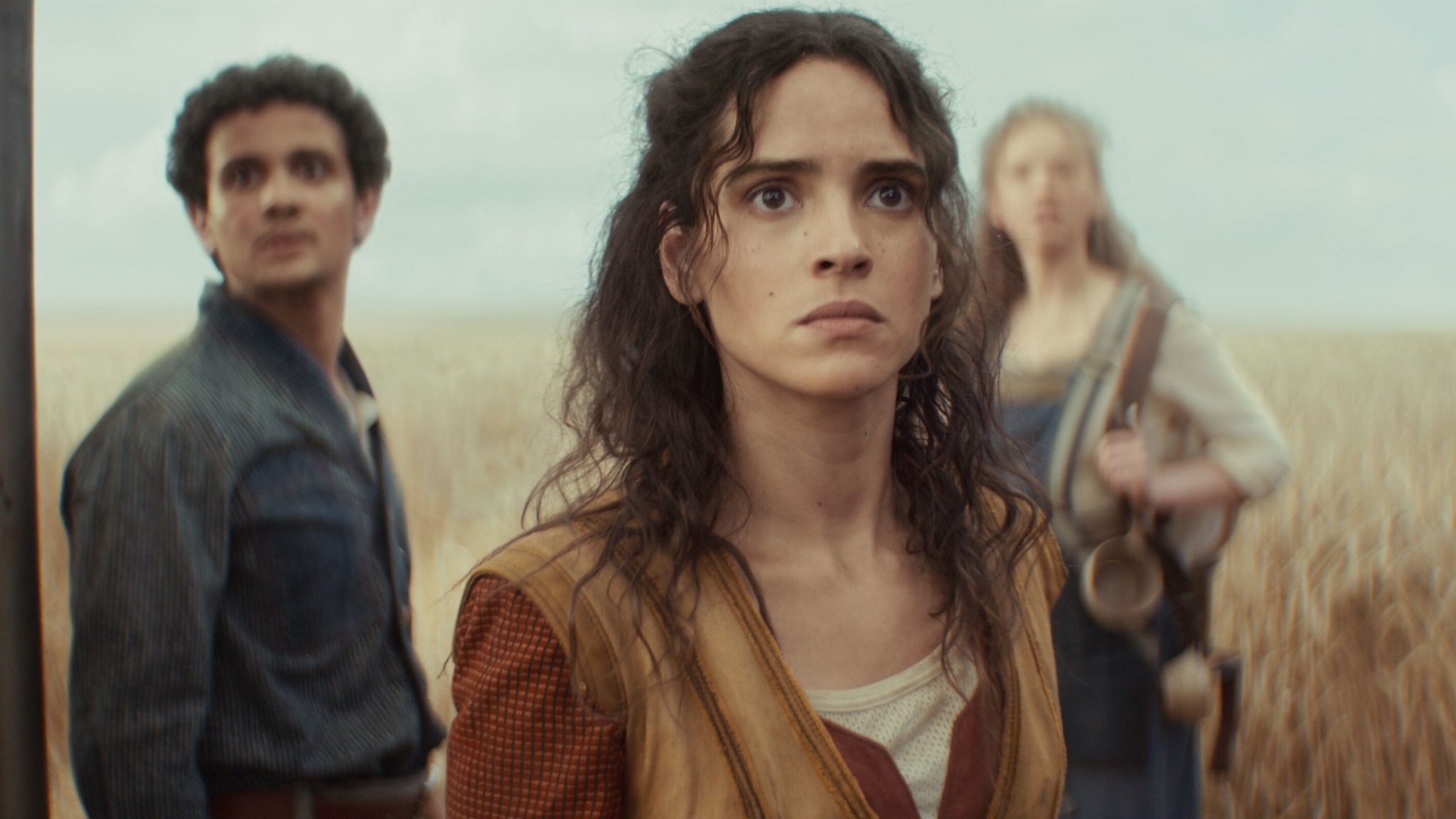Andor season two: Star Wars at its finest
With season one receiving an overall score of 96% on Rotten Tomatoes, season two of Andor aired with extraordinary expectations to live up to. For me, it has continued to be the best live action show to come out of the franchise, blowing its main competitor, the epic Western-turned-cameo-fest that was The Mandalorian, out of the water.
Released in four batches of three episodes, there was certainly no shortage of jaw-dropping moments to process each week. This style in part made this season so effective – by chunking up the releases into the year-long time-skips the story takes place over, a much stronger sense of the characters’ changing circumstances – and mental states – was created.
The first two episodes are a slow crescendo to the explosive third, but the wait is worth it
Three episodes stand out as the greatest from this season. Naturally, episode three, not least for the immediately iconic Chandrilan dance party scene, was a fantastically tense end to the three-episode premier. The dance, and the entire wedding ceremony, are a stellar example of visual worldbuilding: Chandrilan culture is never intricately explained through exposition, yet we understand the significance of circles, for example, by watching the vows, and seeing how the dancers move in concentric rings around the room. The episode also broke what, for me, was a slightly slow start to the season – which is one of my few overall criticisms. The first two episodes are a slow crescendo to the explosive third, but the wait is worth it.
Episode eight, the bleak site of the Ghorman massacre, showcased the horror of the Empire in such a harrowing way – Syril’s internal crisis in the plaza, surrounded by blaster shots and dying Ghor, was chilling, to say the least. Denise Gough in particular excelled as Dedra Meero in this episode. The complexity of her expressions throughout the episode, her conflict as she set the massacre into motion, and her broken composure as she mourned Syril showed perhaps the most complexly human, yet irredeemably evil, Imperial character in Star Wars to date.
Episode 10 is the final entry to my list of favourites. While perhaps slightly biased, as Kleya is my personal favourite character from the series, the heavily Kleya-focused episode is one of the most emotional. It intersperses the highest stakes mission of the show, to prevent the Empire interrogating Luthen, with flashbacks to the beginning of the two spies’ partnership. The seemingly unshakeable Kleya battles with her love and loyalty to Luthen, who we learn became a father figure to her after saving her from Imperials, as she infiltrates an occupied hospital to turn off his life support.
It is a testament to what Star Wars can, and should, be
Beyond individual moments of greatness, the season as a whole is, in a word, fantastic. Well-deserving of its 98% on Rotten Tomatoes, it is a testament to what Star Wars can, and should, be. When taken seriously as the anti-Imperialist, anti-authoritarian allegory that forms its core, it is an enormously powerful tool to criticise the modern world. The Ghorman massacre, and the Imperial senate’s response to both it and Mon Mothma’s speech denouncing the loss of truth, are more poignant than ever right now. In the current political landscape, mass murder and genocide are justified by profit, and reality is harder to discern through the fog of media bias and AI misinformation. Mothma’s senate speech, performed outstandingly by Genevieve O’Reilly, joins the monologues of season one in excellence as it resonates with viewers on these topics. The messages of the show come at just the right time to reflect, in near-perfect detail, the actual reality of our lives.
Tony Gilroy truly outdid himself this season. His work on the franchise – which includes the prequel film to the original Star Wars, Rogue One, as well – is the best of modern Star Wars content. Though Gilroy says it’s time he departs the franchise, future showrunners and directors will be hard-pressed to live up to the impression he is leaving behind. It’s a shame to say goodbye to both showrunner and characters, but it is also a relief to see such a mainstream franchise end a story when the time is right and not drag out mediocre content until the bitter end to capitalise on an initial success. The story of Andor has been told in full, and so Gilroy’s incredible work is done.
Andor is available to stream on Disney+ now.

Comments